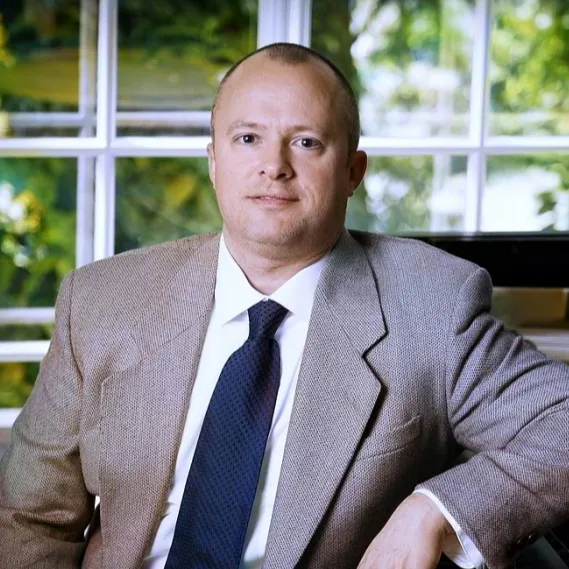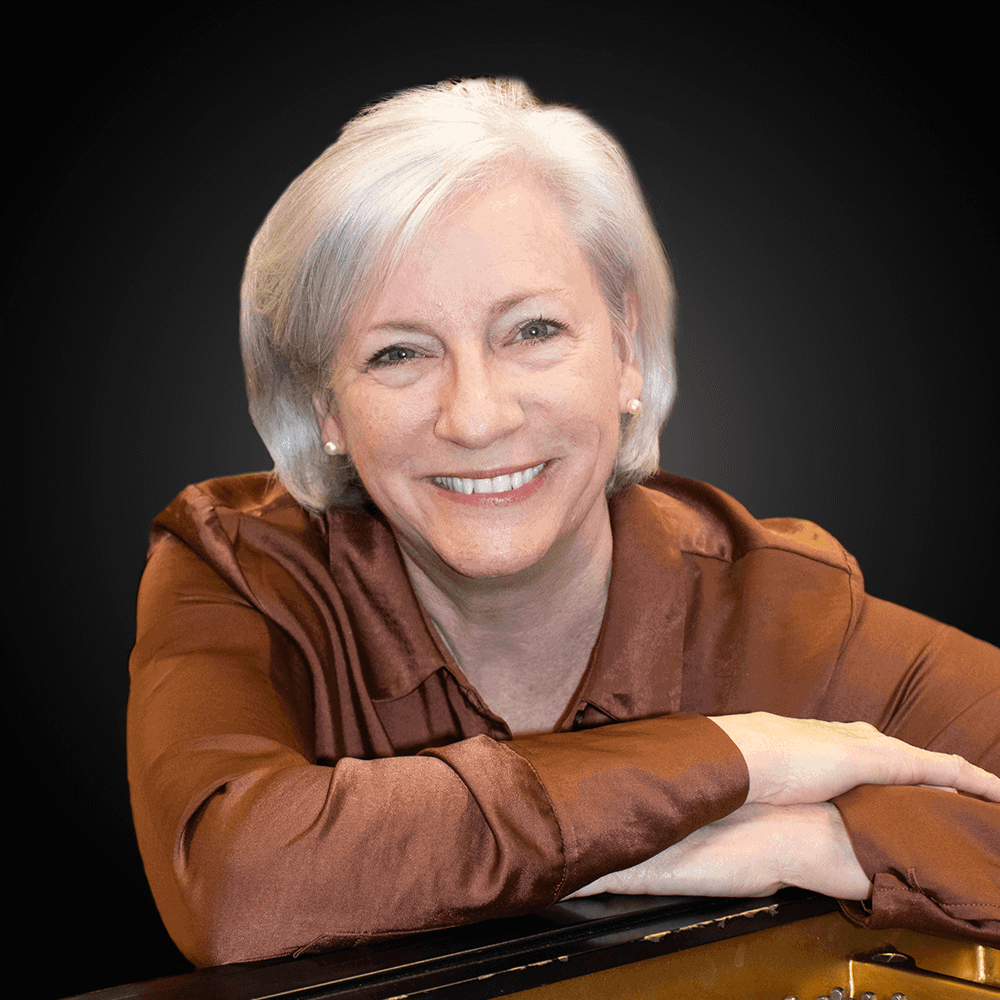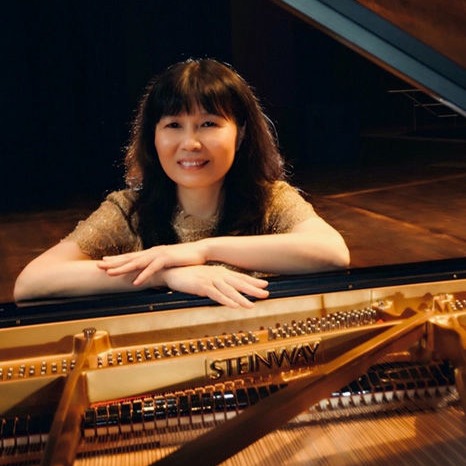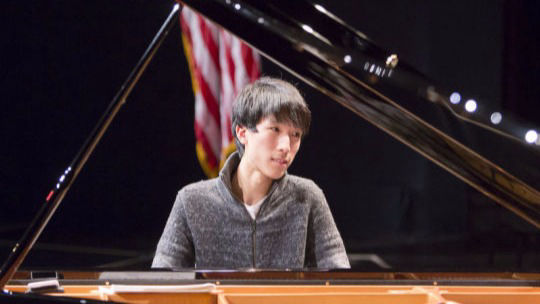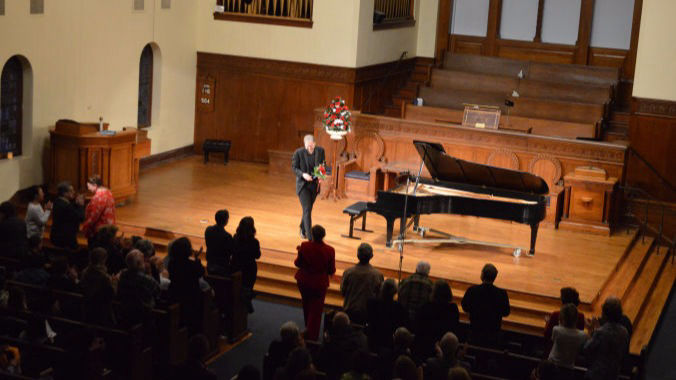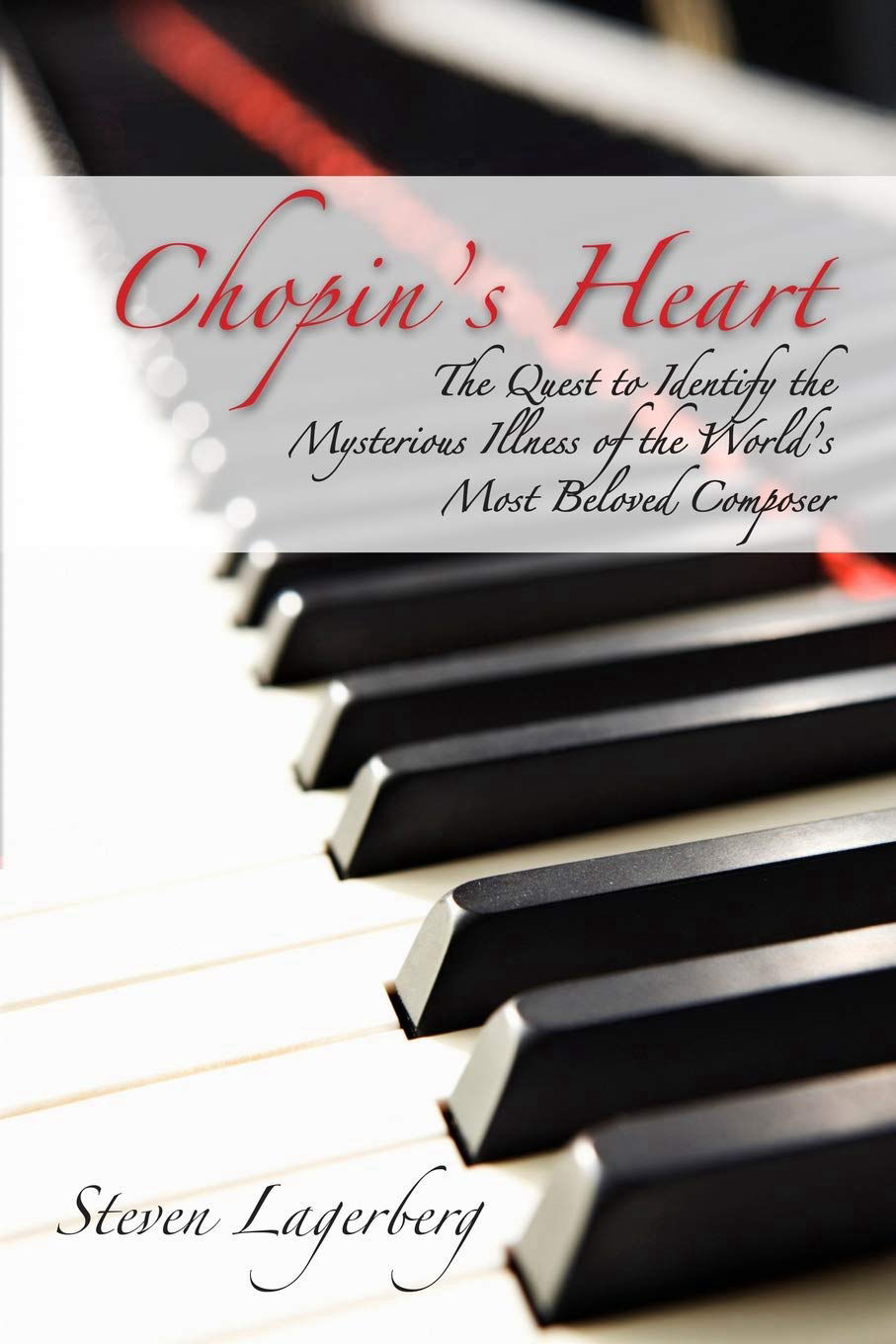
2026 ADJUDICATOR:
Dr. Hyunsoon Whang
Born in Seoul, Korea, Hyunsoon Whang began her piano studies at the age of four and started playing public concerts at age twelve. Since then she has delighted audiences in hundreds of concerts across the United States, Canada, Europe and Asia. Critics have praised her as "the kind of player who appears to immerse her entire being in the music," and as one who has "always delivered with grace and beauty."
As a recitalist and a collaborator, she has performed at Se-Jong Cultural Center in Seoul, Suntory Recital Hall in Tokyo and Paul Hall in Lincoln Center. She has participated in the Aspen Music Festival, Ravinia Festival Master Classes, Canada's Victoria Music Festival and the Taos School of Music. She has appeared as a soloist with Leonard Slatkin, Joel Revzen, Miriam Burns and Nicholas Harsanyi. She was personally invited by Alexis Weissenberg to perform and record his surrealistic musical Nostalgie which was met with critical acclaim in Germany and France.
Her recent engagements have included solo recitals, appearances with orchestra, chamber music concerts and master classes in California, Michigan, Minnesota, Missouri, Nebraska, New York, Ohio, Oklahoma, Utah and Reykjavik, Iceland. Her live videos from Drury University have been airing on PBS television stations throughout the Midwest. Whang serves on the Touring Artists Roster of the Oklahoma Arts Council and the Mid-America Arts Alliance's Artist Roster. In 2010 Oklahoma Governor Brad Henry presented her with the Governor's Arts in Education Award.
As an educator, she has nurtured and inspired generations of students of all ages. Her piano students have garnered top prizes at regional and national competitions and received scholarships and fellowships from prestigious institutions. She presents interactive recitals for public school children each year where she relates classical music to other subjects such as history, literature, science and environment. She has served as the faculty advisor for Cameron University's Asian Club and the President of Cameron University's Phi Kappa Phi Honor Society Chapter. She has been inducted into the Faculty Hall of Fame by the Cameron University Alumni Association.
Whang studied at the North Carolina School of the Arts, St. Louis Conservatory of Music, The Juilliard School, and earned a doctorate from Indiana University. She studied piano with Gyorgy Sebok, Michele Block, Joseph Kalichstein, Clifton Matthews, Jung-joo Oh and Soo-jung Shin, and she has studied the harpsichord with Maryse Carlin and chamber music with Michael Tree and Felix Galimir. She has been on the faculty at Cameron University since 1993 and was named the McMahon Endowed Chair in Music in 2006.
